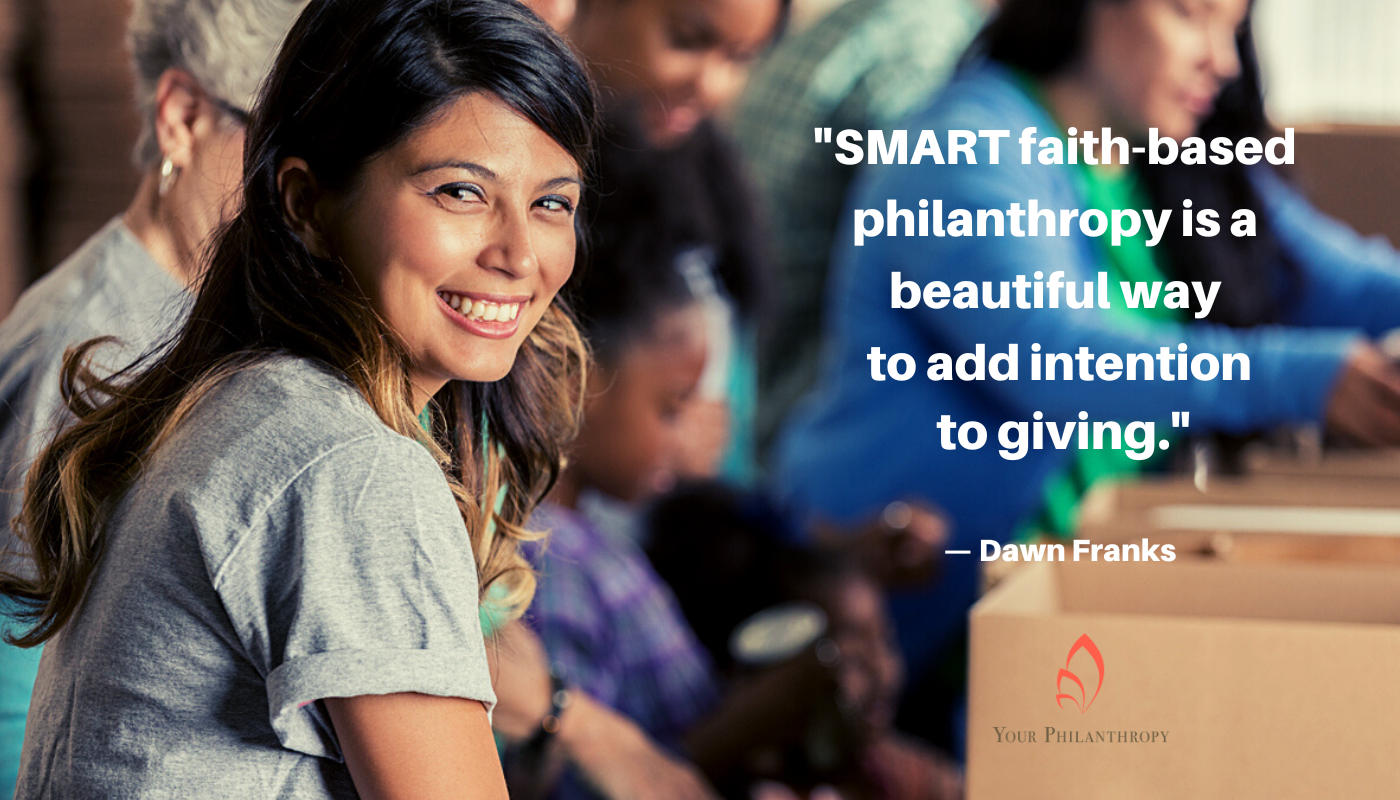Smart is such a great word. It makes us feel good, as in what great glasses – they make you look so smart. Or, look how fast my dog learned that trick – he’s so smart. Today we have smartboards in classrooms. Forget chalk and erasers. We even have the smart electric car in Germany. And, of course, the acronym S.M.A.R.T. has been with us in books, articles and meetings, helping us improve our lives and organizations.
At countless meetings over the last thirty years, I’ve joined nonprofit board members in discussions about the future, helping them set goals for new projects, programs, or the next five years. SMART goals were always with us. I probably don’t even have to tell you what the letters stand for – but in case one has slipped away – Specific, Measurable, Attainable, Relevant and Time-bound.
Known in business and nonprofit circles as criteria for setting goals and objectives, SMART was coined by George T. Duran in a 1981 business management article. I’ve seen the SMART acronym used in other ways, but my favorite is one coined in 2013 by a little-known writer and philanthropist who used the letters to describe faith-based giving.
Thirty-two years after Duran, Gray Keller asked, “when is faith-based giving smart?” Keller, a self-described thinker, author, and philanthropist, says the answer “can be the beginning of the journey of a lifetime.” Keller wrote a blog in 2013, “Smart Giving for the Community of Faith,” using the acronym in the context of faith-based philanthropy.
For Keller, SMART means Spirit-inspired, Meaningful, Actionable, Relational and Transformational. He describes giving this way. Spirit-inspired, the gift comes from the tug on your heart and soul. It is meaningful to you and the recipient. The gift is actionable because you are actively engaged in making the gift as directly as possible to the individual in need and, therefore, relational because it is personal for the giver. And finally, the gift is transformational, an act of faith that creates change.
Keller writes about SMART faith-based giving at the most micro level, one on one. He describes the greatest gift as those given directly to the recipient, believing such gifts are the most relational and hold the greatest transformation. But I believe the acronym is useful in broader giving.
SMART Faith-based Giving Questions
- Did you feel an emotional connection when you read the request letter or heard a story?
- Will a gift to an organization have a special meaning for you based on your life experiences?
- Will the gift support a needed action that makes a difference?
- Do you have a connection to the organization – a friend who volunteers?
- Do you know a staff person or someone who needs the services they provide?
- Will your gift support the possibility of change, of transformation, for a recipient?
- Do you have a warm feeling because you made the gift?
That warm feeling is the transformation Keller speaks of – it’s personal for you and the recipient. You are connecting your giving to your deepest values.
I often write about the importance of knowing ourselves well to make the best gifts. I believe we each have giving values as personal and different as our fingerprints. I call those values Giving Fingerprints.
For many, faith sits at the center of giving decisions. SMART faith-based philanthropy is a beautiful way to add intention to giving.
As Keller says about transformational giving, it “transforms you the giver into a better, humbler, more grateful and gracious giver, while opening your eyes and hearts to the many realities others face.”
With every trip to the mailbox, I find requests from organizations and causes I care about. I’m sure your mailbox is the same. So as you sort through the letters and choose where to give, take a few minutes to think about how your gift can be SMART.
Like it? Use it. Share it. Comment below.
Resources:
Book by Gray Keller – Everyone Wants Your Money: Helping You Navigate Through Philanthropy


Love your mission and your insights! Thanks!
I loved this take on SMART goals. It moved me to some new thinking.